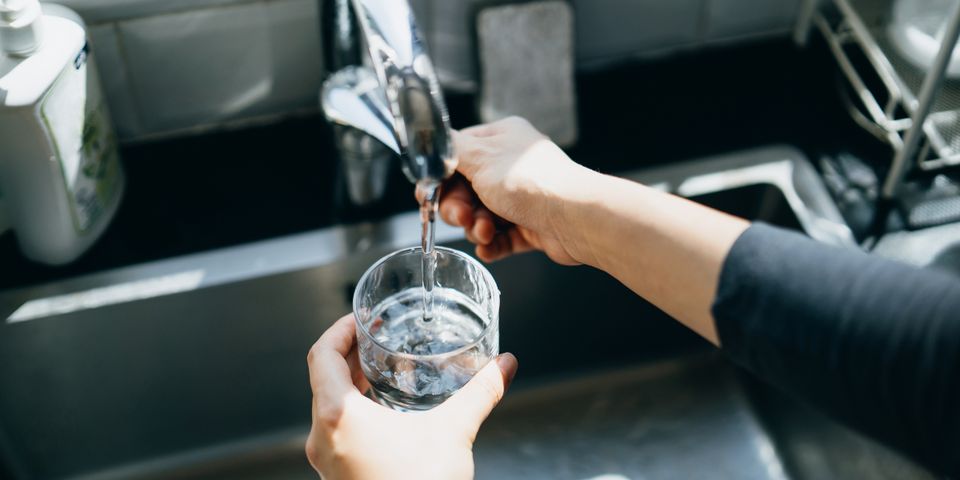
If you have a well on your property, you can usually count on it to provide your home with a consistently clean and fresh water supply. Sometimes, though, circumstances arise that affect the system's output and require additional water well services. In some cases, the solution might entail well deepening, which involves generating more space in the structure. Here’s what you should know about how it works and how it can help you.
When Is Well Deepening Necessary?
Well deepening is a process that involves drilling deeper into the ground to access more water. The process is necessary when your well is not producing enough water or if the water is contaminated.
There are several reasons why this might happen. For instance, if your well is shallow, it may not be able to access enough water to meet your household's needs. Additionally, if the water table drops, your well may not be able to reach the water.
Another reason why well deepening might be necessary is contamination. If your well is contaminated, it's essential to address the problem as soon as possible.
Contamination can be caused by various factors, including industrial activities, agricultural runoff, and malfunctioning septic systems. If you suspect that your well is contaminated, it's essential to contact a professional water well services provider immediately.
How Does Well Deepening Work?
Well deepening involves drilling deeper into the ground to access more water. The process is typically carried out using a drilling rig. The rig is used to drill a new borehole next to your existing well. The depth of the new borehole depends on the location of the water table and the amount of water you need.
Once the new borehole is drilled, the water well services provider will install a casing. The casing is a pipe that is placed inside the borehole to prevent it from collapsing. The casing also helps to prevent contamination by keeping out surface water and other pollutants.
After the casing is installed, the well is then developed. This involves removing any debris and sediment that may have accumulated in the borehole during drilling. The well is then tested to ensure that it's producing enough water and that the water is safe to drink.
In some cases, the water well services provider may recommend installing a pump in the new borehole. The pump helps to increase the flow of water and ensure that your household's water needs are met.
If you’re concerned that your well is dry or not producing a sufficient supply, contact Sullivan Water Wells. Proudly serving clients throughout Chugiak, AK, this family-owned company offers a variety of water well services. They'll assess the system and deepen the structure as necessary to improve yield and ensure you have access to clean water year-round. Visit their website for more information on their services, or call (907) 688-2759 to schedule an appointment.
About the Business
(17 reviews)
Have a question? Ask the experts!
Send your question

